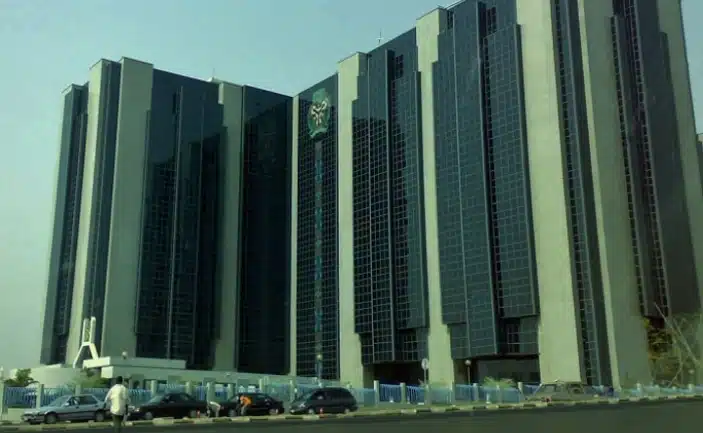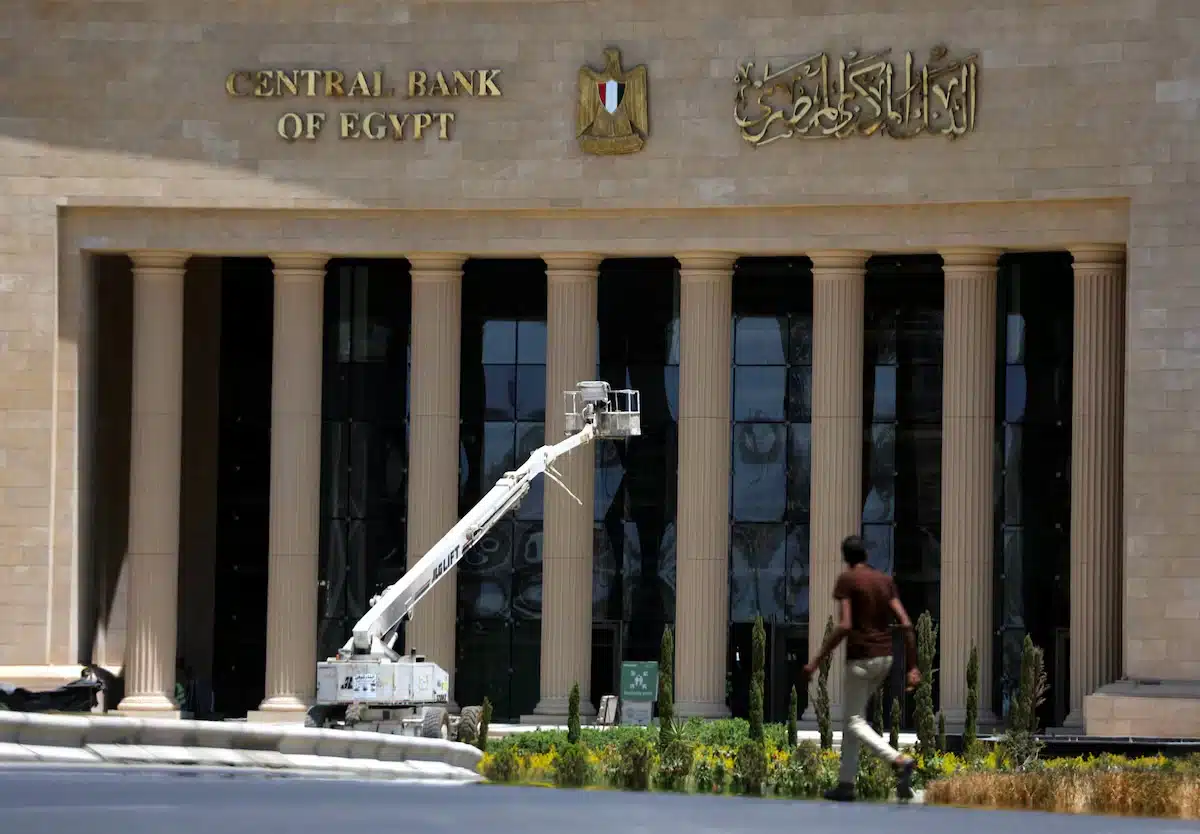The Monetary Policy Committee (MPC) of the Central Bank of Nigeria may maintain its current Monetary Policy Rate (MPR) or one nearly similar to it for most part of 2025. This prediction was made by Meristem Securities, a Nigerian Asset Management Firm in its recently published economic outlook for 2025.
The MPR is the interest rate at which the Apex Bank (CBN) lends to commercial banks. This rate influences the banks’ lending rates to customers and businesses. With this rate, the CBN can effectively control inflation and stabilise the economy.
As at December 2024, the MPR stood at 27.50%, up from 18.75% in January of the same year. In the course of 2024, the rate was raised by over 800 bps (8.75%). Adjustments were also made to the CBN’s asymmetric corridor to +500/-100 bps from the initial range of +100/-300 bps around the MPR. The MPC also increased the cash reserve ratio to 16.00% for merchant banks and 50.00% for deposit money banks.
In the 2025 Outlook, Meristem Securities experts noted, “Looking ahead, we see the potential for a less aggressive monetary policy stance, particularly as the monetary authority has hinted at its intention to evaluate the impact of prior policy measures. This outlook is further supported by our expectation of modest moderation in inflation during the year.”
“Given the risk that premature easing could reverse the progress made in 2024 and exacerbate inflationary pressures, we expect the MPC to maintain a HOLD stance for most of 2025. A shift to a more dovish position may occur in the final quarter of the year. While unlikely, we cannot entirely rule out the possibility of an additional 100 bps hike in the MPR during the first quarter of 2025.” they concluded.
Going by this, it is unlikely that Nigerian banks will reduce their lending rates in Q1 and Q2.
Continuing, Meristem Securities experts noted that the CBN’s monetary policies yielded positive impacts. The growth in money market indicators declined compared to previous years—broad money supply (M3) increased by 15.17% year to date (YtD) from 41.14% in 2023.
Credit and loans to the private sector dropped by 0.68% YtD, demonstrating the effects of the increased lending rates on the country’s economy.
However, credit to the government grew at a faster pace of 68.45% YtD compared to 25.93% recorded in 2023. Net domestic credit also expanded by 15.58% YtD compared to 40.93% in 2023.
By the firm’s predictions, banks and other lending institutions in Nigeria will continue to lend at the double-digit interest rate, as is currently obtainable, until the CBN is satisfied that the inflation has been adequately contained and subsequently reduces the MPR.






